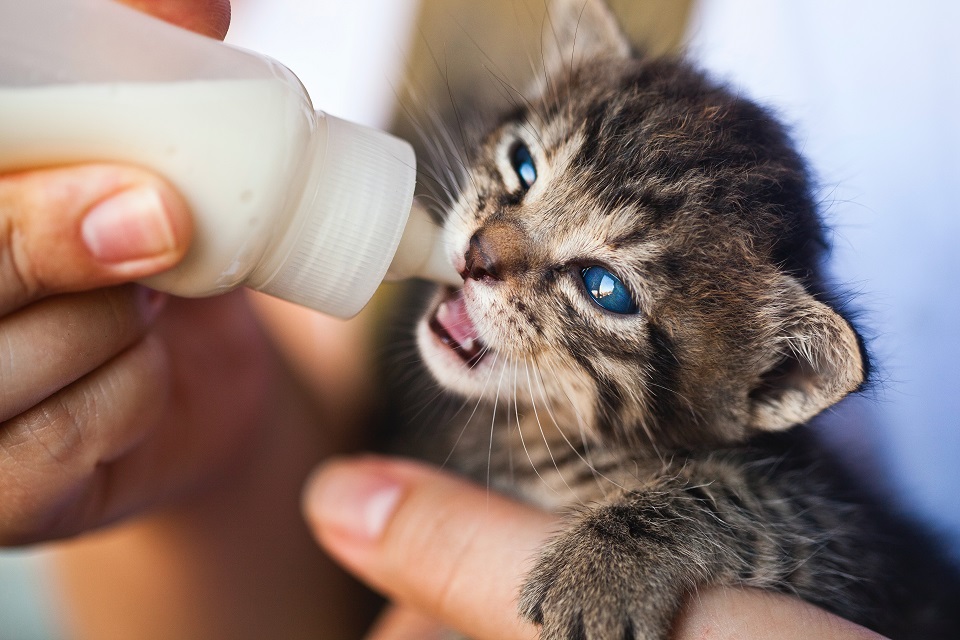Pet ownership is a serious responsibility. The joy these wonderful animals bring us is worth the commitment involved. All pets need ready access to clean water, placed conveniently in a dish. Refresh it regularly (especially during hot weather) to keep your pet cool and hydrated.
Shelter
The shelter offers animals a warm, secure environment and weather protection. It is also a place where people can reunite lost pets with their owners, and it helps reduce pet overpopulation by spaying/neutering them. Ideally, third parties inspect and regulate shelters to ensure that they maintain adequate standards of care for the animals in their charge. Almost 8 million dogs and cats enter shelters yearly, either as strays or surrendered by their owners. Many of them are euthanized because there are not enough homes for them. Shelters can help prevent this tragedy by socializing animals so that they are more likely to get adopted and by providing basic needs like food and water for the animals in their care. Before adopting a shelter animal, prepare your home by creating boundaries for them. Otherwise, they may escape through open windows or wander off and get into things they shouldn’t eat, like glass vases, flower pots and plants. Please provide them with a training crate or dog bed and soft bedding. With promo codes from Chewy.com, you can purchase these online without exceeding your budget.
Adequate Food & Water
Pets need to eat a healthy, balanced diet. Check food labels and research which foods may contain harmful ingredients to your pet. Water is another essential pet requirement. It’s often overlooked, but dehydration can cause serious problems in pets. Without enough water, the body cannot regulate its internal temperature, leading to overheating and even death. Ample fresh, clean water should be provided to your pet and changed frequently to prevent illness. Water bowls should be checked often to ensure adequate hydration, especially during hot weather or after vomiting or diarrhea.
Exercise is important for many animals, including cats and dogs. It can help keep them mentally and physically fit and reduce boredom, which can lead to misbehavior or destructive behaviors. Some animals require a secure area, such as a dog-proofed yard or an indoor enclosure for a bird or reptile. Others need a quiet space away from loud parties or fireworks, where they can feel threatened and stressed. Consider taking your pet to an off-site location for these events or putting them in their crate or a safe room.
Hygiene
A healthy facility is safe, and keeping up with hygiene and sanitation chores is key to preventing the spread of pathogens. It’s important to encourage frequent handwashing by staff and provide convenient access to effective hand sanitizer for clients. Cleaning food bowls, automated watering dishes, and surfaces regularly is also essential. Pets transfer bacteria from their mouths to their bowls while eating or drinking, and these germs can make them sick. Washing these bowls daily between meals and sanitizing water bowls helps minimize bacteria growth, preventing mold and other contaminants.
Similarly, pet beds are magnets for fur, dirt, dander, fleas, and ticks. Vacuuming them regularly and washing them weekly in hot soapy water with a lint roller to remove dander can reduce these allergens, helping pets to breathe easier. The same goes for pet toys, which should be washed frequently and sanitized with diluted bleach. These simple steps can help prevent ear infections, skin irritations, and other common conditions that environmental pollutants may aggravate.
Training
Many people bring home pets like dogs, cats, hamsters and fish because they enjoy the joy and companionship they offer. However, it is important to remember that pets require time and effort to maintain their health and well-being. Responsible pet ownership requires training your pets and teaching them good habits. It is especially important to have your pets spayed and neutered. It not only improves your pet’s quality of life but also helps reduce the number of animals that are homeless or in shelters.
Proper training involves:
- Teaching your pet basic commands and behaviors like sitting.
- Lying down.
- Walking on a leash and staying in one place while playing.
It is vital to use positive reinforcement and reward your pet for the behavior you want to encourage. Correct timing is crucial – for instance if you are trying to get your dog to sit, the reward should be given immediately, or your pet will think it’s being rewarded for standing up. Most pets need a comfortable, safe space to sleep and live in. For example, a rabbit, fish, hamster or bird will require a cage or terrarium, bedding and specialized food. Other animals may need room to run or play and a water source.
Medical Care
Pets require life-long veterinary care to ensure they live long, healthy lives. It includes vaccinations, dental cleanings, heartworm medication, and flea and tick prevention. Regular visits build a relationship between the owner and veterinarian, making it easier to notice any changes in behavior that may indicate illness. For example, if your dog starts losing weight, it could be a sign of diabetes and needs to be treated immediately. Similarly, sudden changes in appetite or energy levels can also be signs of illness.
Your veterinarian will perform routine blood work to monitor your pet’s overall health and catch problems early, often resulting in less expensive treatments and procedures later. For example, if your pet has an infection of the gums or tooth decay, early detection and treatment will often prevent more serious and costly procedures like surgery or extraction later on. Intestinal parasites are another major health risk for pets. These infections can cause diarrhea and other intestinal complications and even be transmitted to people (especially children) through close contact.



